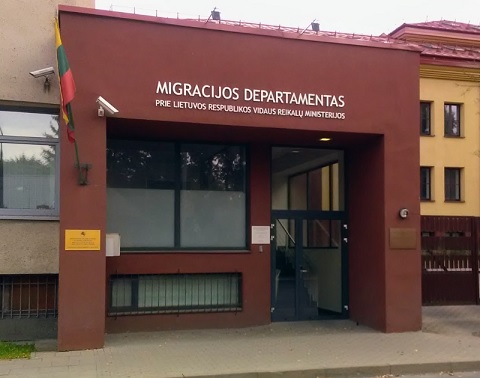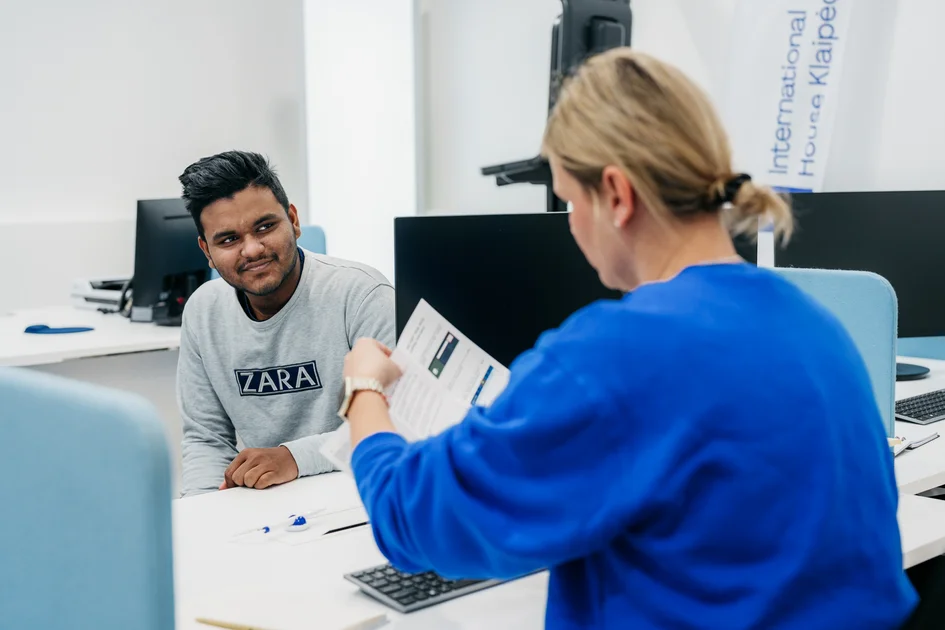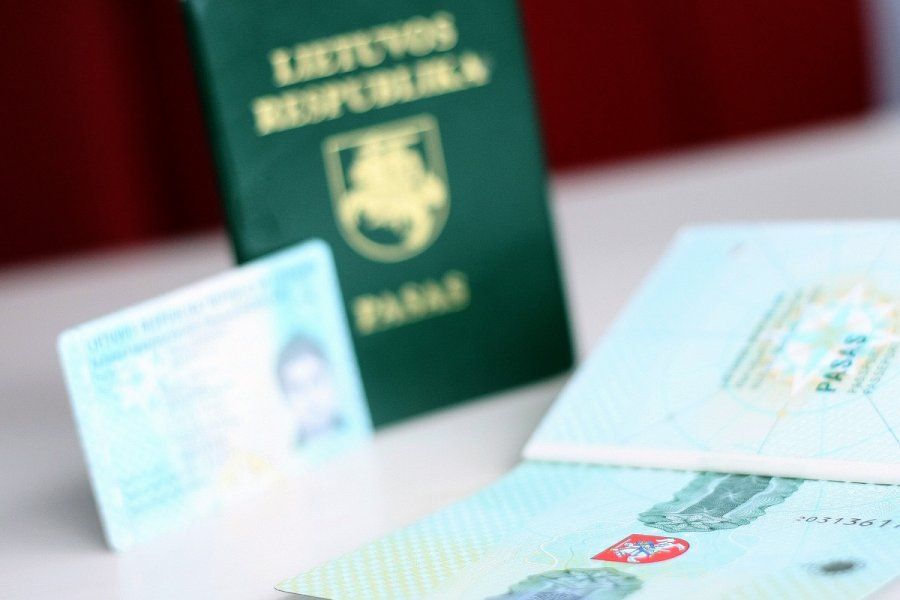Moving to Europe legally is a complicated but possible process. For Indian citizens, one of the available destinations remains Lithuania, a country with a clear migration system and a stable legal framework. Below are the real steps that will help you obtain a Lithuania residence permit, and later, the right to permanent residence.
Why Lithuania Is a Logical Choice for Moving
According to the Lithuanian Migration Department, the number of foreigners, including Indian citizens, is growing every year. The reasons are clear: Lithuania is part of the Schengen area, offers access to the European labor market, democratic requirements for candidates and, importantly, less bureaucracy than in many other EU countries.
An additional plus is English-language services, ease of online communication via the MIGRIS platform, as well as vacancies in logistics, IT, engineering and healthcare.

Residence Permit Options for Indian Citizens
An Indian citizen can obtain a temporary residence permit in Lithuania (temporary residence permit), and after a certain period of time, a permanent one. So, how to legally move to Europe. The most common grounds are:
- Official employment in a Lithuanian company. The employer applies for a work permit (lithuania work permit). After receiving it, the applicant can apply for a residence permit for up to 2 years.
- Starting a business. Lithuania welcomes foreign entrepreneurs. The minimum requirement for authorized capital is €28,000, of which at least €14,000 must be actually invested.
- Study. After completing a bachelor’s or master’s degree, a graduate can stay on a visa to look for work, and then switch to a work residence permit.
- Marriage to a citizen or resident of Lithuania. It is possible to apply for family reunification.
How to Obtain a Permanent Residence Permit (PR) in Lithuania
A permanent residence permit (lit. nuolatinis leidimas gyventi) is issued to foreigners who have lived in Lithuania for at least five years on the basis of a temporary residence permit. These five years must be uninterrupted, while absence from the country is allowed for no more than 6 months in a row and no more than 10 months in total for the entire period.
Basic requirements:
- Proof of legal residence.
- Stable income (employment contract, tax returns, bank statements).
- Successful integration: passing the Lithuanian language exam at level A2.
- Certificate of no criminal record and no tax debts.
Persons recognized as highly qualified specialists (Blue Card holders) can apply for permanent residence after 2–3 years.

List of Required Documents
When applying for a Lithuania permanent residence permit, you will need:
- passport and copies of previous residence permits;
- documents on income and place of residence;
- certificate of passing a language exam;
- health insurance;
- photo and completed application form (form NPH-01);
- receipt of payment of state fee.
All documents must be translated into Lithuanian and notarized. You can submit them either through the consulate or within the country through the E-Migris system.
Important Details that Are Often Missed
Even with careful preparation for applying for permanent residence, many applicants make the same mistakes — due to a lack of information or underestimation of formalities. Below are some subtleties that are not always obvious at the stage of collecting documents, but can play a decisive role when considering the application.
- Language is a key barrier. Although many documents can be submitted online, a Lithuanian language exam is mandatory. Courses are available in Vilnius and Kaunas, and online solutions are also available.
- Tax history. Even if a foreigner is officially employed, failure to submit declarations on time may result in a refusal.
- Local registration. Submission is not possible without registration at the place of residence.

Lithuania as a Real Door to Europe
The path to permanent residence in Lithuania and the legal migration to Europe cannot be called instant, but it is definitely not closed. With a clear understanding of the requirements, the presence of legal grounds and attention to detail, the process becomes understandable and predictable. Especially for Indian citizens who are ready not just to move, but to integrate into European society through work, study or business. It is important not to rush, not to simplify and remember: in matters of migration, it is attention to detail that determines the outcome.



